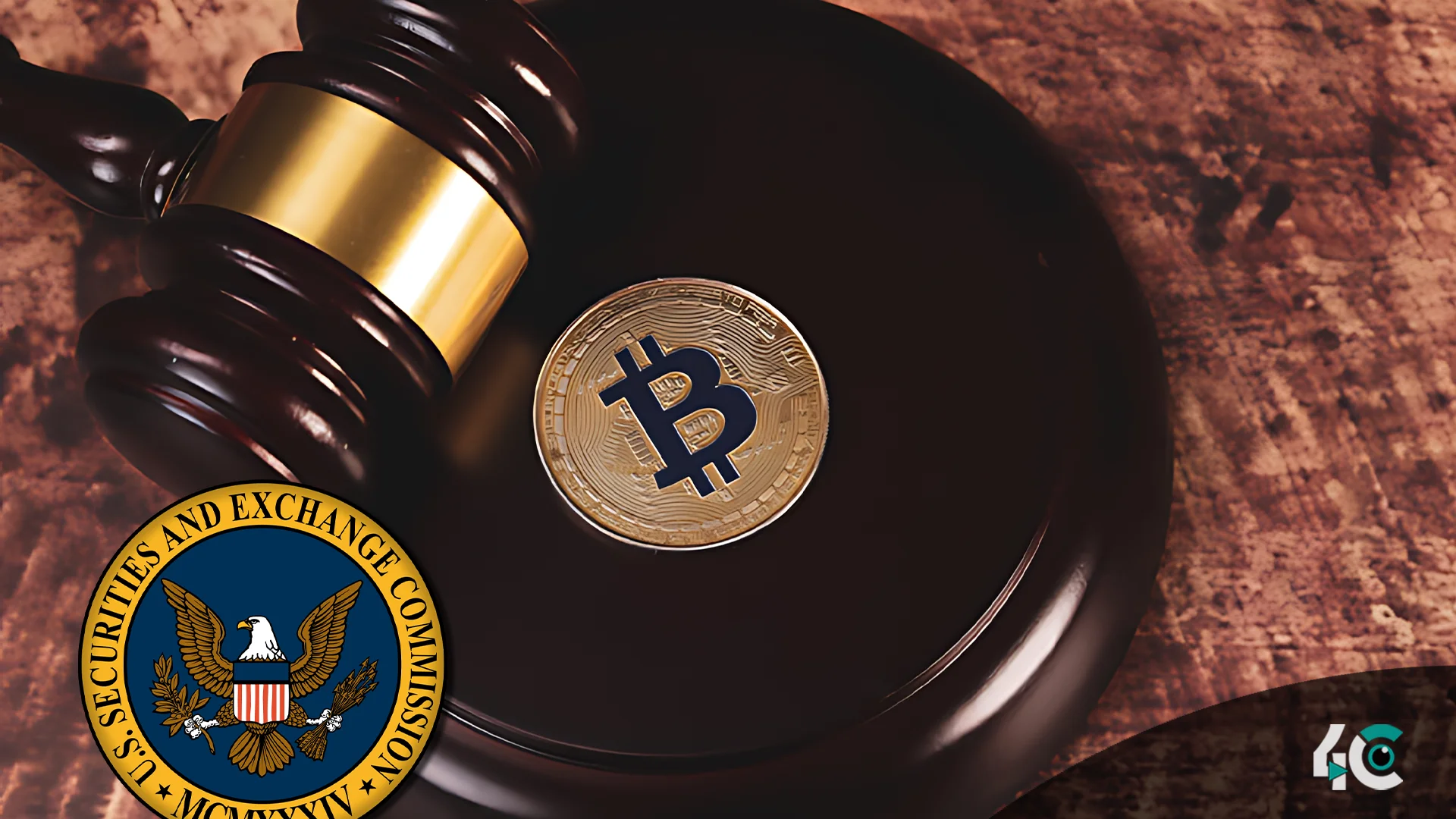The SEC has reversed the controversial SAB 121 rule, which forced financial institutions to classify bitcoin as liabilities on their balance sheets. This legislation, implemented in March 2022, sparked criticism from the crypto industry, which claimed it would complicate the process of keeping cryptocurrency and dissuade enterprises from entering the market.
On January 23, the SEC published a new Staff Accounting Bulletin, effectively revoking the previous guidance and recognizing that the regulation was flawed. SEC Commissioner Hester Peirce, an outspoken critic of SAB 121, expressed her happiness with the decision, pointing out that the regulation had been a barrier for financial firms interested in supporting cryptocurrencies.
Several political heavyweights, including House Financial Services Committee Chair French Hill, have hailed the deletion of SAB 121, calling the rule “misguided” and unneeded. He noted that asking corporations to recognize cryptocurrency holdings as liabilities was not common practice in the financial industry. Senator Cynthia Lummis also applauded the decision, stating that the rule has inhibited innovation and hampered the expansion of digital assets in the US.
The repeal of SAB 121 represents a reversal in the SEC’s policy under President Donald Trump and acting Chair Mark Uyeda. Former President Joe Biden rejected the measure, which had earlier won bipartisan support in Congress. However, following the SEC’s recent reversal, it appears that the regulatory landscape for cryptocurrency is evolving in favor of greater flexibility for financial firms.



































